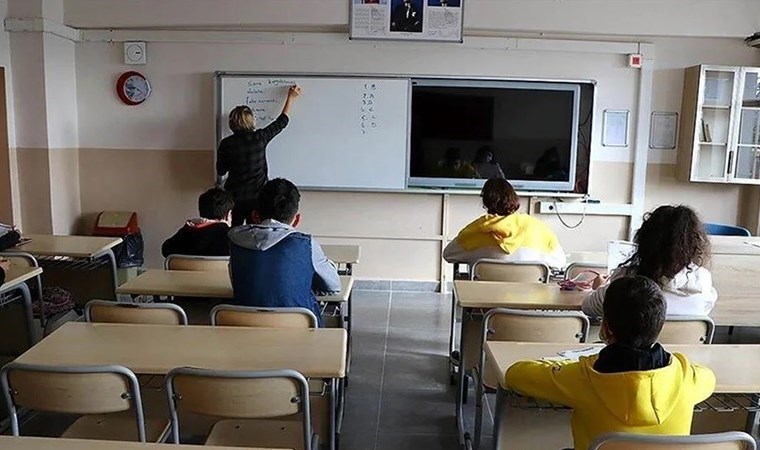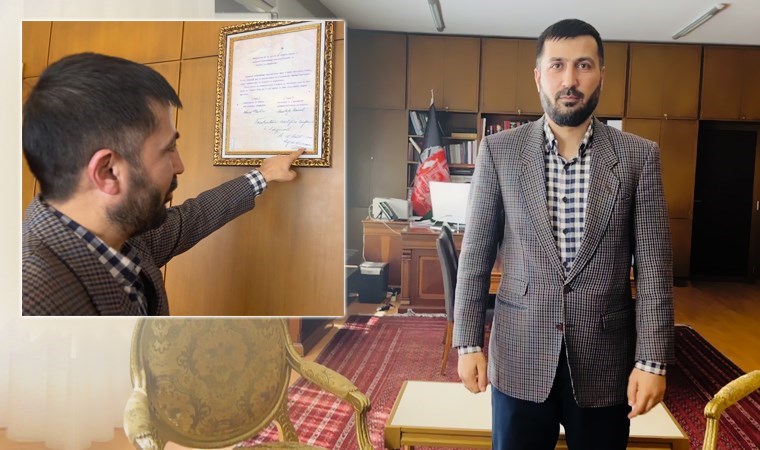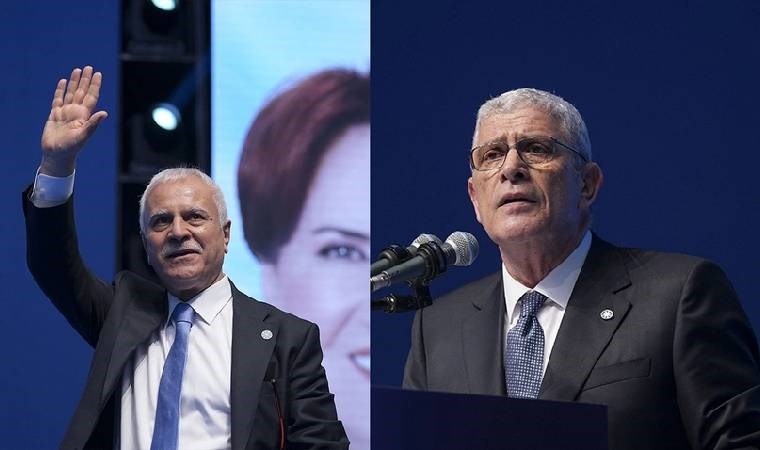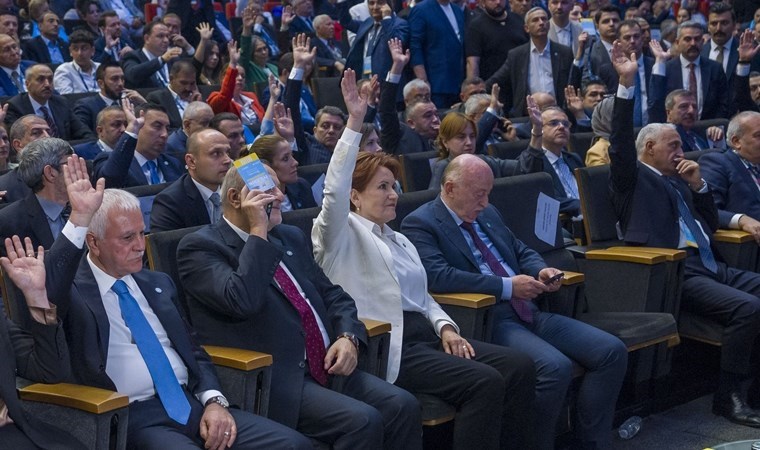The rise of the BRICS currency: Could it shake the Dollar's dominance?
BRICS has received numerous applications for membership, including from Saudi Arabia, the UAE and Egypt
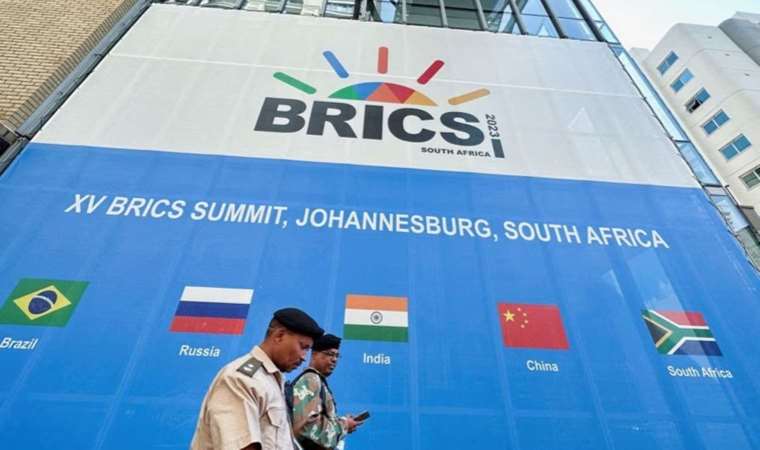
The BRICS group of emerging economies has received a substantial influx of 22 membership applications, a development anticipated to pave the way for a new unified currency aimed at contesting the global reserve status of the US dollar.
Convening in Johannesburg, South Africa on Tuesday, the BRICS countries—Brazil, Russia, India, China, and South Africa—are set to evaluate these membership applications.
As BRICS seeks to expand its membership, augment its collective population and economic prowess, and reinforce alternative institutions like the New Development Bank (NDB), it aspires to dismantle the US's economic hegemony on the global stage.
Already accounting for 40% of the world’s population and over 30% of the global GDP—a figure projected to rise to 50% by 2030—the exclusive five-member alliance is poised to wield a commanding influence.
Furthermore, BRICS nations command 18% of global trade and hold a substantial 22% share in foreign investments on a global scale. Their territorial holdings also encompass approximately 27% of the world's land area.
The scheduled Tuesday meeting is expected to herald the introduction of a unified BRICS currency.
China, the dominant economy within the consortium, emerges as a primary advocate for the adoption of a common currency.
NEW POTENTIAL MEMBERS
Formal membership applications for BRICS have been submitted by a diverse array of countries, including Argentina, the UAE, Bahrain, Bangladesh, Belarus, Algeria, Indonesia, Iran, Kazakhstan, Cuba, Egypt, Nigeria, Senegal, Saudi Arabia, Thailand, Tunisia, Uruguay, and Venezuela.
All member states, especially China, are enthusiastic about embracing new entrants into the fold. Expansion constitutes a central agenda item for the Johannesburg summit.
Prominently, Saudi Arabia, the UAE, and Egypt stand out among the applicants due to their robust economies and potential contributions.
The incorporation of new members boasting substantial economies, such as oil giants Saudi Arabia and the UAE, could facilitate the global adoption of a new common currency.
Moreover, as key consumers and producers of energy resources, BRICS could significantly shape the energy sector's dynamics.
NEW DEVELOPMENT BANK
The New Development Bank, originally the BRICS Development Bank, was established by BRICS nations in 2015. This institution stands as a viable alternative player in the global arena, offering an alternative to the International Monetary Fund (IMF) and the World Bank.
Headquartered in Shanghai, China, the NDB was initiated with an initial investment of $100 billion. To date, it has funded 98 projects with a total value of $32.4 billion, expected to benefit around 280 million people.
The bank's membership expanded to nine in 2021, including Bangladesh, Egypt, the UAE, and Uruguay. Anticipating future growth, the bank is poised to welcome new participants like Saudi Arabia and Algeria.
POTENTIAL CHALLENGES
Nonetheless, the US remains skeptical about the feasibility of a unified currency.
Paul O’Neill, a former US Treasury secretary, recently described the notion of replacing the US dollar as "ludicrous" and a "form of folly."
With approximately 90% of global transactions occurring in US dollars and the dollar accounting for about 60% of foreign exchange reserves, transitioning away from the dollar's dominance entails more than just an economic shift.
Reducing reliance on the dollar bears geopolitical implications, exemplified by Russia's $300 billion reserves, previously held in Western countries due to geopolitical conflicts.
Transitioning the reserve currency could reshape the dynamics of economic confrontations and challenge the Western nations' sway in this sphere.

En Çok Okunan Haberler
-
 Savunma sanayi firmalarının ürünleri, Din dersinde!
Savunma sanayi firmalarının ürünleri, Din dersinde!
-
 Korhan Berzeg olayında yeni gelişme
Korhan Berzeg olayında yeni gelişme
-
 Akşener'den kurultayda 'veda' konuşması
Akşener'den kurultayda 'veda' konuşması
-
 Polis meslektaşlarına ateş etti
Polis meslektaşlarına ateş etti
-
 Kadınlara 'Cehennemde yanacaksınız' diye bağırdı
Kadınlara 'Cehennemde yanacaksınız' diye bağırdı
-
 Müsavat Dervişoğlu İYİ Parti Genel Başkanı oldu
Müsavat Dervişoğlu İYİ Parti Genel Başkanı oldu
-
 'Türkiye ilk etkilenenlerden olacak...’
'Türkiye ilk etkilenenlerden olacak...’
-
 İYİ Parti'de tarihi kurultay: Seçim üçüncü tura kaldı!
İYİ Parti'de tarihi kurultay: Seçim üçüncü tura kaldı!
-
 Seçim ikinci tura kaldı
Seçim ikinci tura kaldı
-
 Rakı fiyatlarına büyük zam
Rakı fiyatlarına büyük zam
